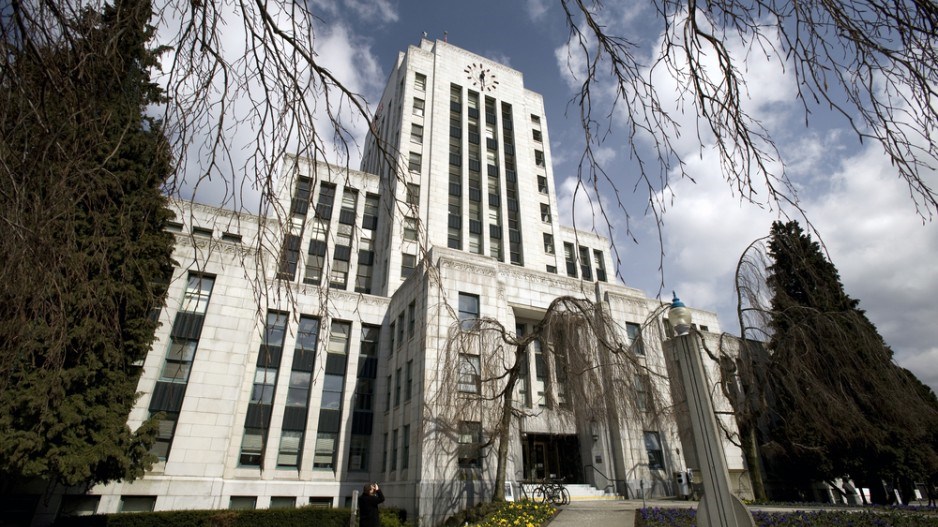The City of Vancouver has found 2,538 vacant homes in its first empty-homes tax annual report – about one-tenth of the homes the city said were empty when it first promoted the tax, which has cost $10 million to implement.
Two years ago, a widely quoted city report written by Gil Kelley, general manager of planning, urban design and sustainability, stated there were 24,495 vacant homes in the city, a number the report said was a near 100% increase from 2001.
Citing Statistics Canada 2016 census data, the June 2016 report from a Vancouver Policy and Strategic Priorities meeting said that the number of empty properties had increased by more than 12,000 units in the city over the previous 15 years.
The city’s report also stated that vacancies spiked as high as 12% in the University of British Columbia neighbourhood and averaged more than 8% across the city.
Largely based on these findings, Vancouver city council approved the empty-homes tax and the vacancy tax bylaw on November 6, 2017.
But the first annual report since the tax was introduced, released November 28, found that of 186,043 homes in Vancouver, only 1.3% were vacant.
It cost the city $7.5 million to implement the tax, and its first-year operating costs were $2.5 million.
The city estimates it will receive $38 million in total revenue under the tax, and about $21 million had been collected under it as of November 2018.
The city has allocated the first $8 million in revenue to specific affordable-housing initiatives.
Melanie Kerr, Vancouver’s director of financial services, attempted to explain the apparent gap in the city’s first estimate of empty homes and the current reality.
Kerr noted that 5,835 homeowners with vacancies were exempted from the tax for various reasons, which lowered the count.
Kerr also explained that the census data counted dwelling units, while the city’s empty-homes tax counted individual properties. As an example, she said, a multi-unit rental building would be counted as a single property under the empty-homes tax, as it would by BC Assessment for property tax purposes.
“A lot of these sub-dwelling levels are purpose-built rentals and social housing, and we know the vacancy levels in those units are actually pretty low, so I don’t think there are a lot of hidden units in there that are vacant,” Kerr told Business in Vancouver.
BIV asked Kerr if the city was surprised by the amount the tax raised, considering the apparent 20,000-unit shortfall compared with its earlier estimates of vacant homes.
“The focus was never really on the revenue,” Kerr said. “The purpose of the tax was to try and encourage more rental properties to go on the market.”




